Qt
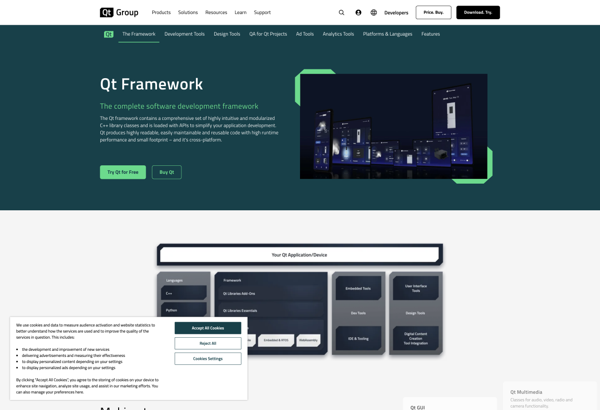
Qt: Cross-Platform Application Development Framework
Qt is a cross-platform application development framework focused on creating GUI and CLI apps for desktop, mobile and embedded platforms. It includes a class library and tools designed to streamline the process of writing and maintaining applications across platforms.
What is Qt?
Qt is a popular cross-platform application development framework used for developing GUI (graphical user interface) and CLI (command-line interface) applications that can run on multiple operating systems such as Windows, macOS, Linux, and Unix platforms, as well as on mobile platforms like Android and iOS. It provides developers with a rich set of widgets and tools to create interactive applications.
Qt was originally developed in the early 1990s by the Norwegian company Trolltech, which was later acquired by Nokia and then by Digia, before becoming an open-source project managed by The Qt Company. The latest major version is Qt 6, released in December 2020.
Some of the key highlights and capabilities of Qt include:
- Provides an extensive library of reusable C++ GUI components like buttons and menus
- Includes tools for creating user interfaces via drag-and-drop instead of coding them
- Supports developing native-looking apps across platforms with little extra coding effort
- Can be used to develop complex apps like CAD software, medical systems, vehicle computer systems etc.
- Integrates well with C++ but can also use JavaScript, QML, Python and other languages
- Offers sewing integration with 3D and 2D graphics libraries like OpenGL
- Has strong focus on performance optimization and small executable sizes
- Free and open-source version is available under GPL and LGPL licenses
Overall, Qt makes it easier for developers to create and deploy cross-platform GUI apps while offering many advanced features for building sophisticated, interactive applications. Its portability, comprehensive tools and wide adoption power a significant proportion of desktop, enterprise and embedded applications globally.
Qt Features
Features
- Cross-platform development
- Comprehensive widget set and UI building tools
- Integrated IDE (Qt Creator)
- Signals and slots for inter-object communication
- Model/view architecture
- Graphics framework and 2D rendering engine
- XML parser
- Networking and connectivity libraries
- Multimedia and audio support
- Database access through SQL drivers
- Web browser engine (Qt WebEngine)
Pricing
- Open Source
- Commercial License
Pros
Cons
Official Links
Reviews & Ratings
Login to ReviewThe Best Qt Alternatives
Top Development and Application Frameworks and other similar apps like Qt
Here are some alternatives to Qt:
Suggest an alternative ❐Tkinter
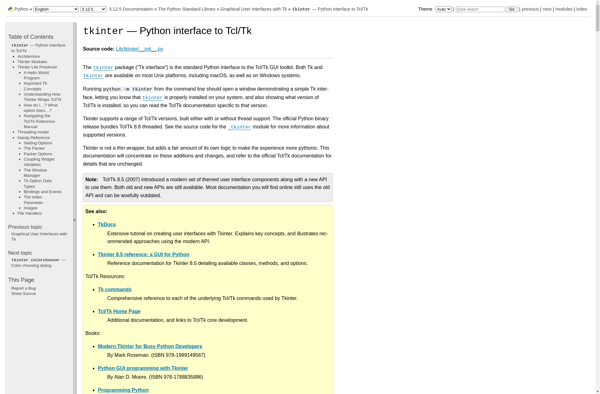
CopperSpice
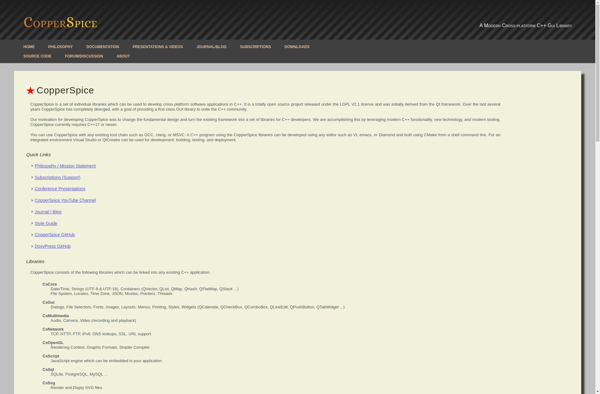
ToDesktop
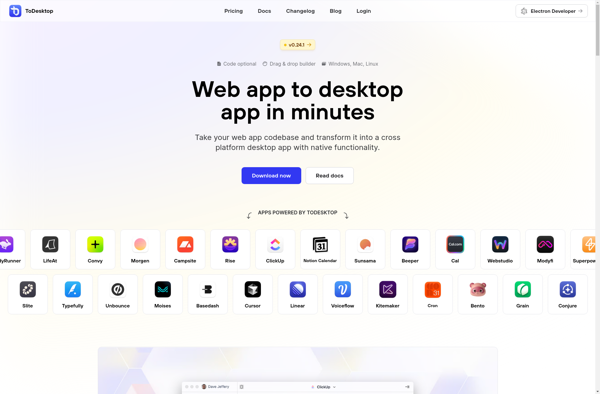
NoesisGUI
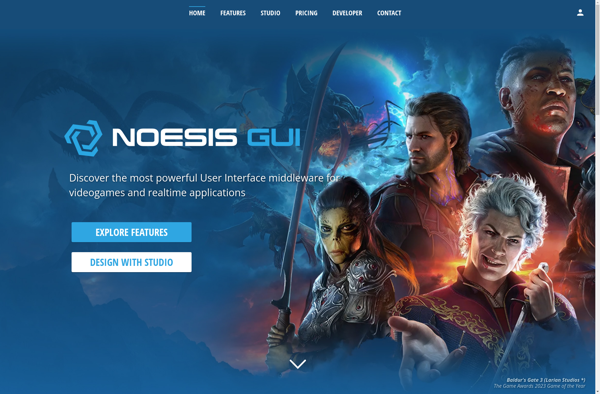
Tauri
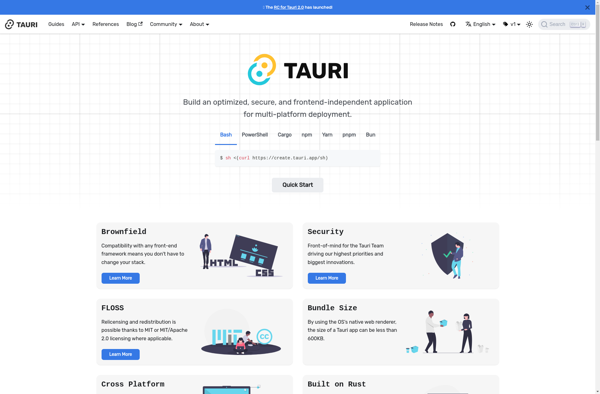
PhoneGap
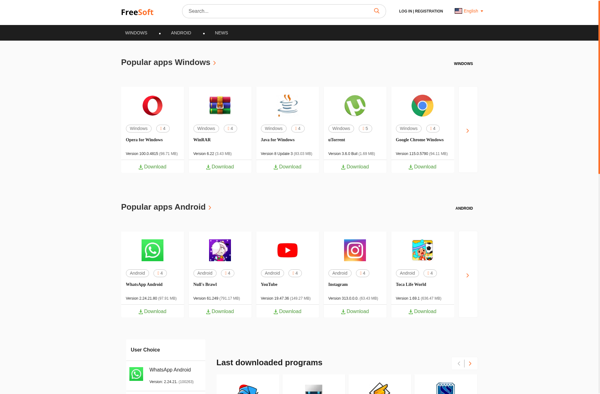
Azula
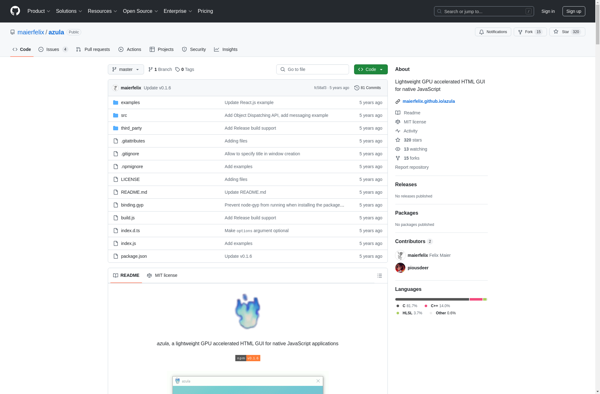
Appcelerator

Dear ImGui
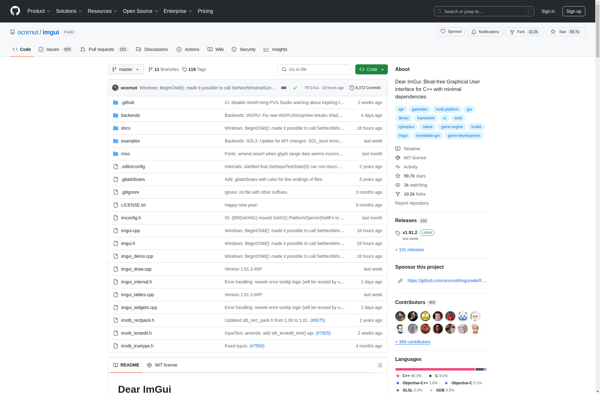
Uno Platform
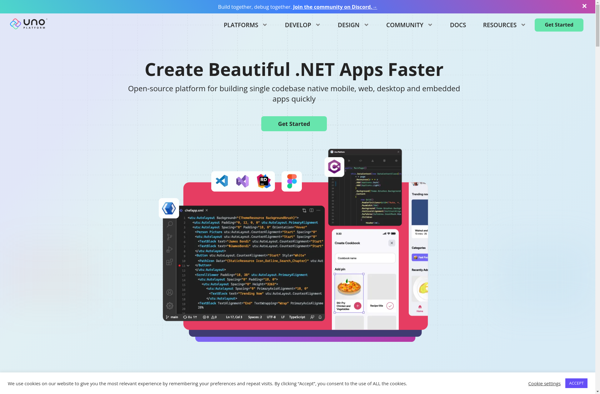
JUCE
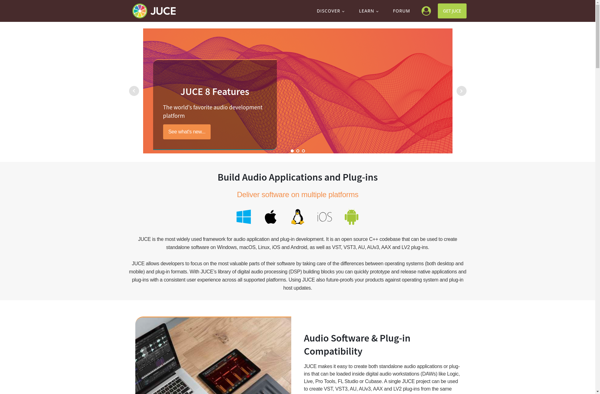
JavaFX
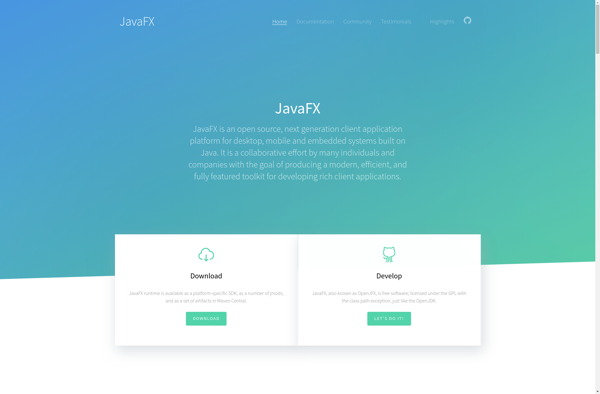
WxPython
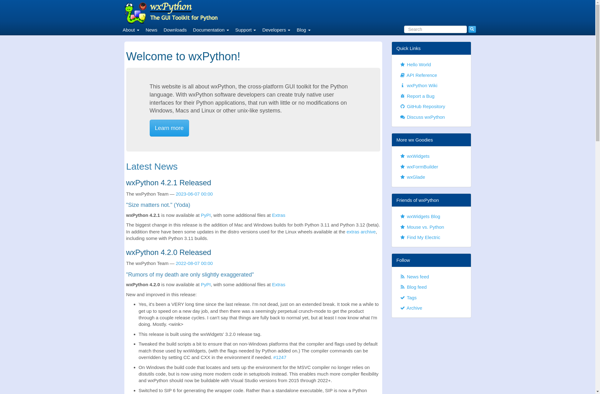
Pywebview
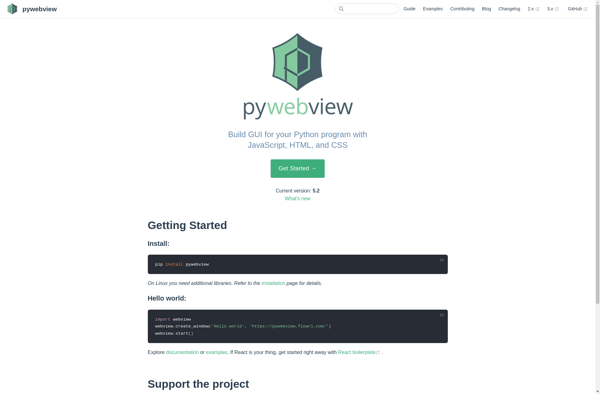
PyGTK
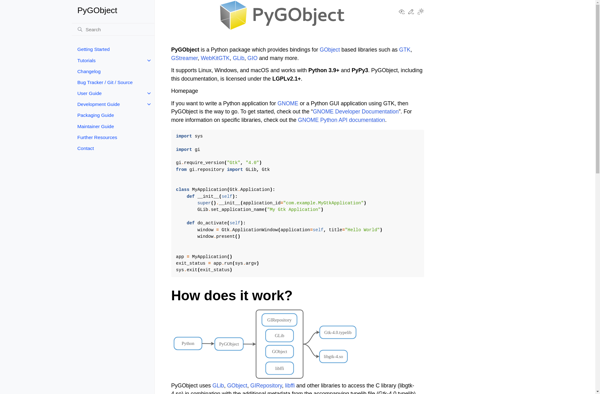
Fox toolkit

PySide
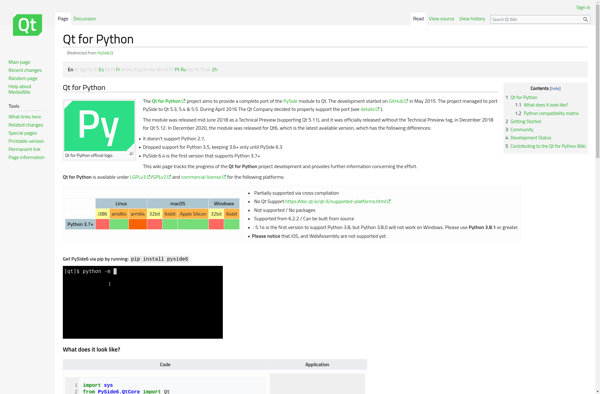
HARFANG 3D

WxWidgets
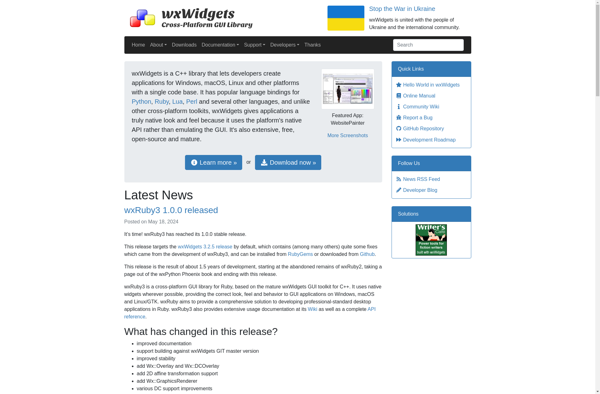
FLTK
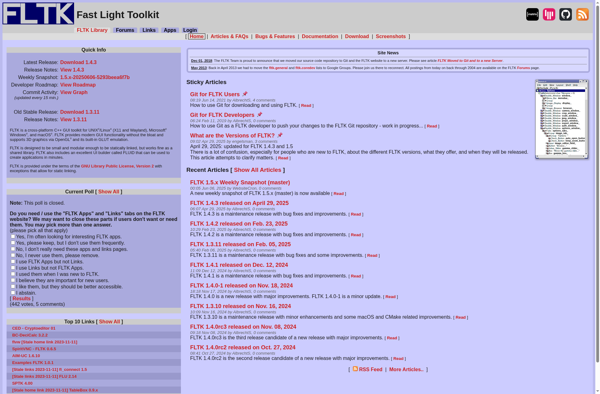
Avalonia UI
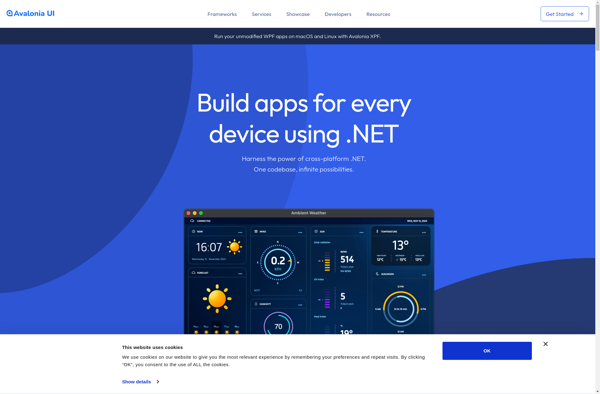
Zuznow
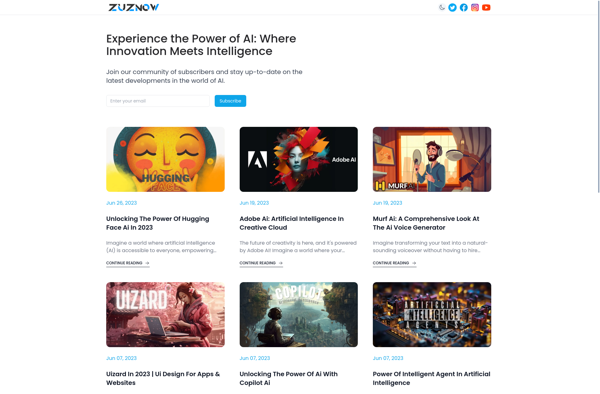
Gtkmm
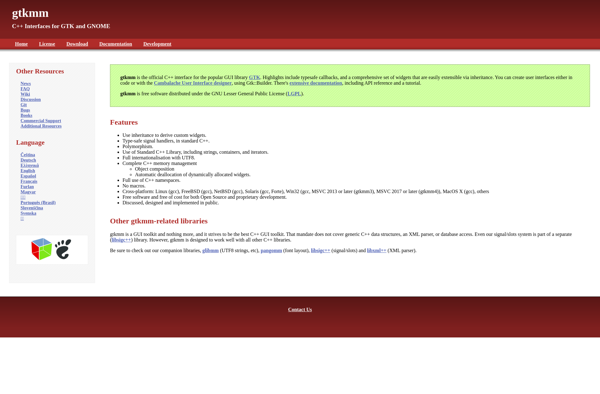
Standard Widget Toolkit
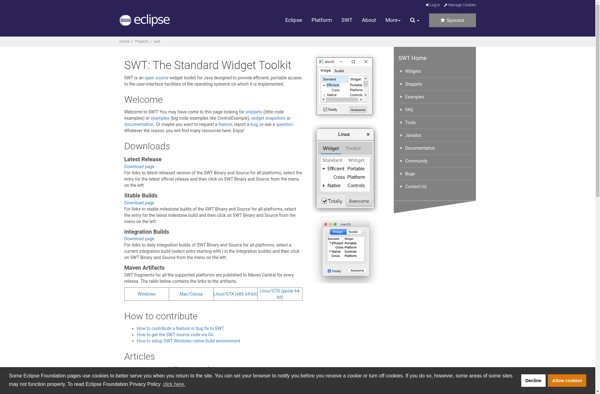
RhoMobile
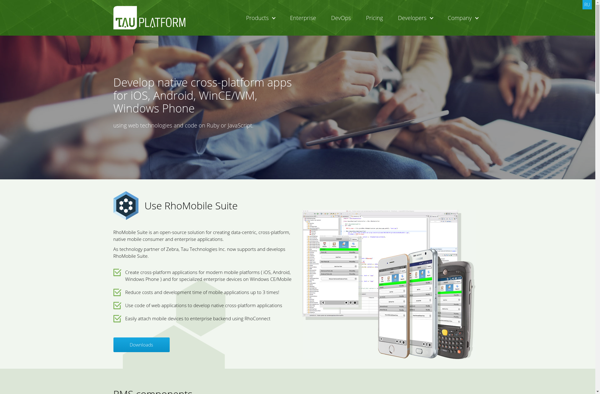
Codename One
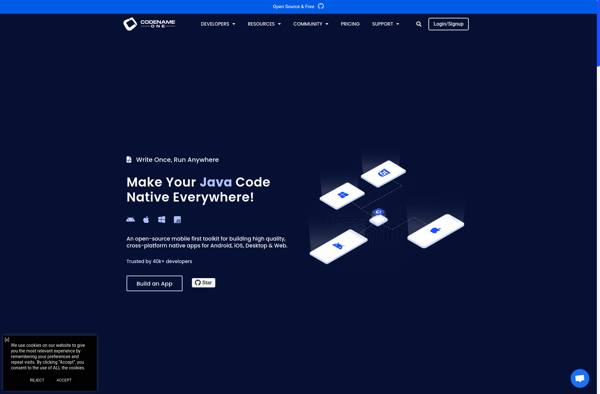
WxSVG
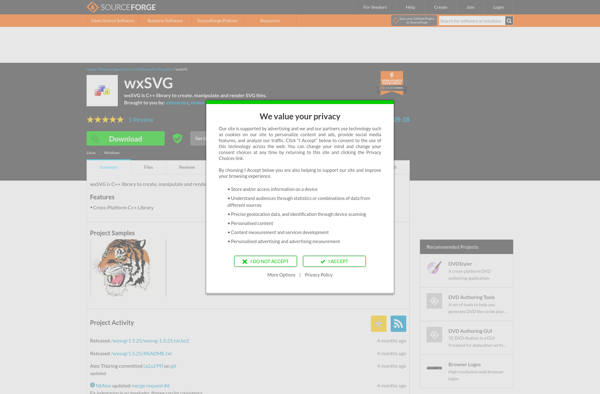
Magnum.engine
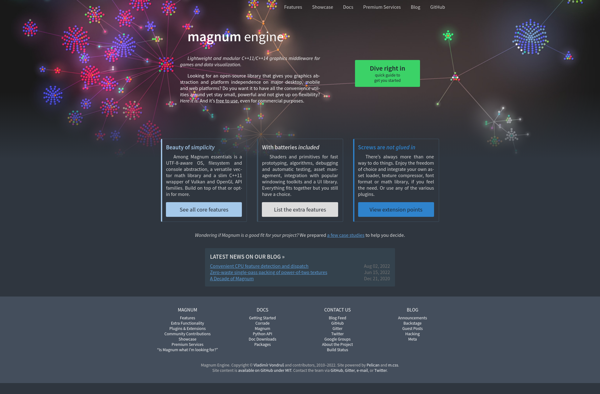
Wails
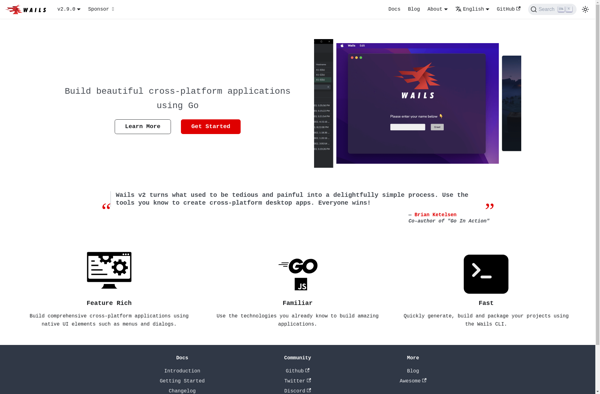
MauiKit
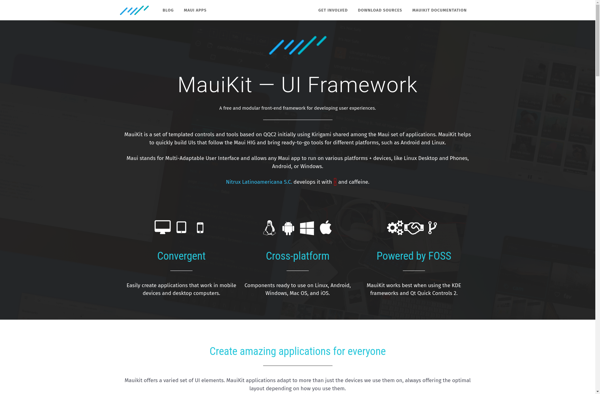
IUP Portable User Interface
